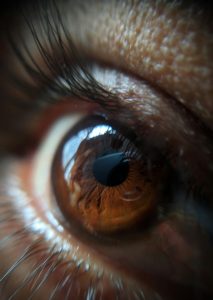California bill set to ban CivitAI, HuggingFace, Flux, Stable Diffusion, and most existing AI image generation models and services in California
New California Bill Threatens AI Image Generation: What You Need to Know
In a notable development for technology and creative communities alike, a new piece of legislation is making its way through the California legislature that could have profound implications for AI image generation. Known as AB 3211, this bill is poised to ban nearly all existing AI image generation systems and services in the state if they don’t comply with stringent watermarking requirements.
Understanding the Implications of AB 3211
While public focus has recently been drawn to SB 1047, the quietly advancing AB 3211 could be even more impactful. By mandating robust AI watermarking systems for any model or service that generates images, this legislation threatens to stifle innovation in an area that has already been a hotbed of creativity and technological advancement. The bill specifies that all models must embed complex, invisible metadata that identifies AI-generated images and links them to the service and timeframe of their creation.
The technological feasibility of such requirements is questionable at best. Creating an image file from which the metadata cannot be removed is nearly an impossible task, as demonstrated by previous unsuccessful attempts to implement digital rights management. Even existing mechanisms could be easily circumvented through simple screenshots. Moreover, the bill imposes the obligation on creators and providers to conduct rigorous adversarial testing and develop tools to accurately detect content generated by their services. The immediate enforcement of these requirements upon codification poses yet another challenge for compliance.
If AB 3211 is enacted as written, numerous popular platforms like CivitAI and HuggingFace may face a bleak future in California. They would either need to restrict access to California residents or implement localized filtering that could prove financially burdensome, if not impossible. Unfortunately, technological loopholes or feasibility exemptions appear to be absent, potentially leading to a blanket ban on AI-generated imagery across the state.
Industry Response and Future Ramifications
Major players in the tech industry, including Microsoft, OpenAI, and Adobe, have expressed support for this bill. Their backing raises concerns regarding the future of open-source image generation models and may signal an end to such developmental efforts within California altogether. This situation reflects what many view as regulatory capture, effectively constraining competition in favor of established corporate interests.
In addition to impacting AI technologies, the legislation could restrict the sale of new still and video cameras that lack image authentication systems. While the bill’s stipulations would only apply to newly manufactured devices, the ambiguous definition of what qualifies as “














Post Comment